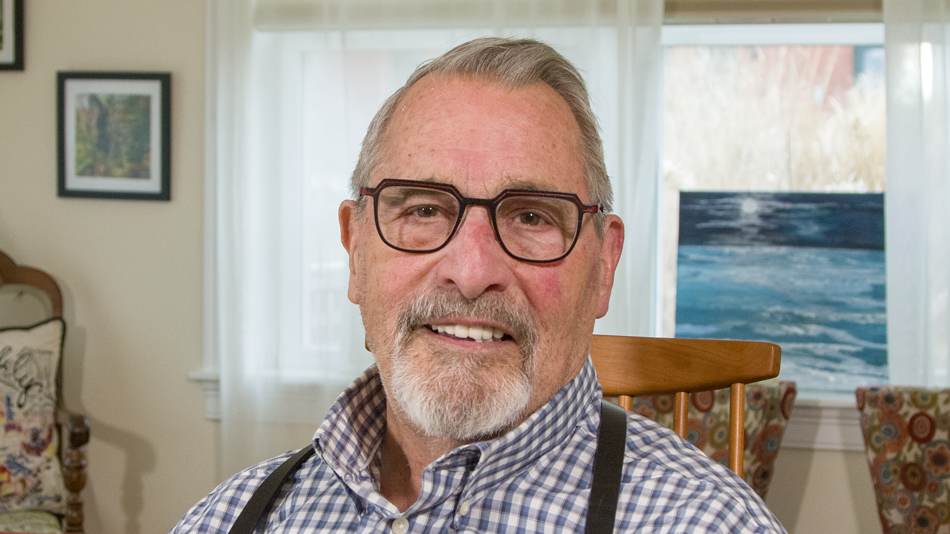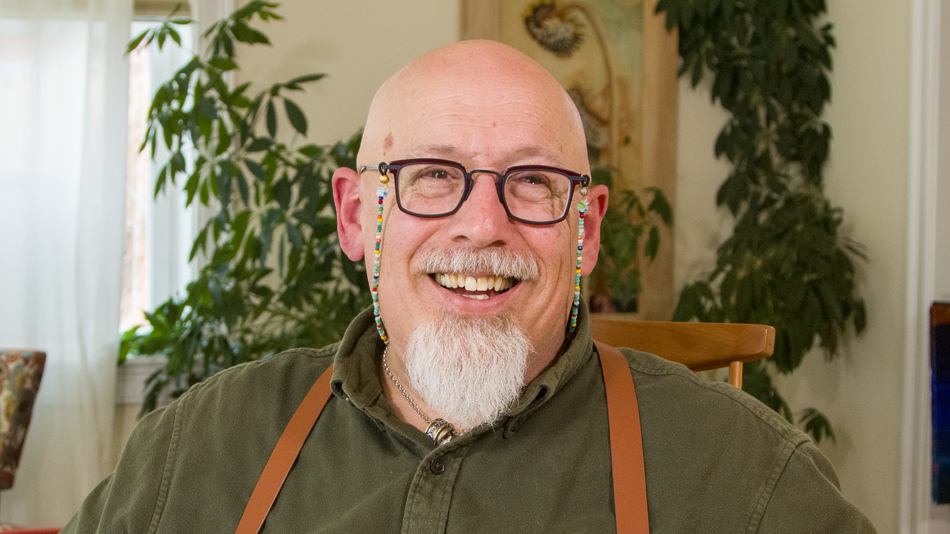
I’m from Clear Lake. But my dog is from Leander. I was able to adopt her, I’m pretty sure, only because I’m gay — something I still have mixed feelings about.
Sky used to be named Blue. I can only assume this was because she’s part Blue Heeler, and the shelter needed a quick and easy name they could later recycle. Or maybe they wanted it be unoriginal and forgettable, so that when the time came to give her away they wouldn’t be so attached.
Even so, when I came to adopt her they made sure to tell me that many of the staff were especially attached to her.
City shelters kill dogs. A lot of them. So they’re quick about adopting them — compelled by something near desperation, they sign the papers, give the shots, and take your fee before you can change your mind.
Blue lived in a no-kill shelter run by the SPCA. No-kills have the luxury of giving dogs away only to people they feel totally comfortable with. This was something I knew and expected, so I brought a vet tech friend of mine along for the interview process.
They were interviewing me, not the other way around. Still, Emily held her own and made sure to showcase her knowledge of domestic pet health at all the right moments, at the same time implicitly endorsing me as a competent owner.
They told me they’d get back soon with a decision.
A couple days later, I got a call. The woman on the other end said they liked me, but had just one major reservation. Blue didn’t like children, and, as she explained, I was at an age where I would very probably settle down soon with some woman and start a family. She was afraid that if I did, I’d give Blue up to raise my child.
Let me explain something here. Blue didn’t come from Austin, she came from Leander. Austin is known for its out-of-place liberalism, a progressive city surrounded by hundreds of miles of textbook Texas, conservatism stretching out in every direction past the end of the horizon. Austin doesn’t make sense where it is, but it’s there.
Leander is mostly out of Austin’s reach. Close enough that it’ll be liberal eventually, another suburban identity swallowed by the metropolitan. But at the time at least it was just a town of eight thousand people and a handful of dirt roads.
I knew why I wasn’t going to marry a woman and raise a kid. The challenge was to express this without it backfiring, ignorant of the SPCA lady’s political leanings.
So I tried to sidestep it first.
“Oh.” I coughed. “Um. That’s definitely not going to be an issue.”
The SPCA lady let out a friendly little chuckle.
“I know that’s how you feel now,” she said, “but, you know, a lot of people your age start families and you can’t be sure you won’t change your mind.”
“…No, really, I can say that I’m absolutely, one hundred percent positive that I won’t be having a family anytime soon,” I said, trying to put more meaning into my voice than the words themselves would allow. There’s something here you’re not getting, I thought at her, willing her to pick up on it.
She didn’t.
Instead, there was another of those good-natured chuckles, the one that told me she wasn’t going to back down because of the whims of a 20-year-old.
“Well, again, I know you might strongly believe that now, but you don’t really know how you’ll feel later,” she said.
Damn.
I knew I’d have to tell her. She might not like it, might keep the dog from me out of spite or self-righteousness, but those were maybes — even then I knew that this beautiful dog would escape me if I didn’t come clean. I took a breath.
“W– Okay,” I stuttered. There was a pause. “I– I’m gay. So that’s, um, how I know.”
This time a longer pause.
“Oh,” the lady from the SPCA said. The voice was pure self-conscious surprise, the half-subdued shock you get from someone when they’re suddenly worried how their reaction will come across.
“Oh!” she repeated, but this time there was more human in it, something less guarded. And then: “Well that completely takes care of our concerns!”
We hung up a minute later. The next day I got the news over the answering machine, the message still playing as I ran around the apartment yelling, laughing, grinning. My blue heeler — then Blue, but Sky since — came home a day or two later. Now, six-and-a-half years later, she’s eleven and lying outside my bedroom door, waiting for me to finish this and pay attention to her.
But even then there was a pinprick of unease, something that took years for me to fully understand. I’d gotten Sky because I was gay. On its surface it was pretty amusing, and maybe I thought it was poetic justice for all those who’d been denied anything because they were gay.
Later, I realized what it was — the false but understood premise that being gay had made me ineligible for fatherhood. I couldn’t possibly raise a family if I was gay — whether the obstacles were legal or practical didn’t really matter. It was an assumption that it wasn’t going to happen.
What made it worse is that it was my assumption, that I didn’t even realize what I was saying until some time had passed. Here I was going along with the conventional wisdom that gays don’t have kids, for no other reason than because that’s what I’d heard from other people.
I’m 26 now. I still don’t have any immediate plans for a family; the idea still seems far away and removed from the sort of inevitability I imagine straight people carry with them. But I long ago stopped discounting the possibility. Really, I’m just waiting to feel ready for it.
I can’t imagine the surprise I would’ve felt if, after telling the lady from the SPCA that I was gay, she simply said: “So? What if you adopt?” But, you know, she would’ve had a point.
I don’t regret getting Sky, obviously. And in some respects I don’t regret how, if only because it’s kind of funny.
But I do regret that at one point, even two years after I’d come out to my parents, I was still sticking to the idea that raising children and having families — that such basic human things as these — were not for people like me.
The realization makes me wonder if the hardest part of this fight isn’t convincing ourselves first of what we deserve.








Share